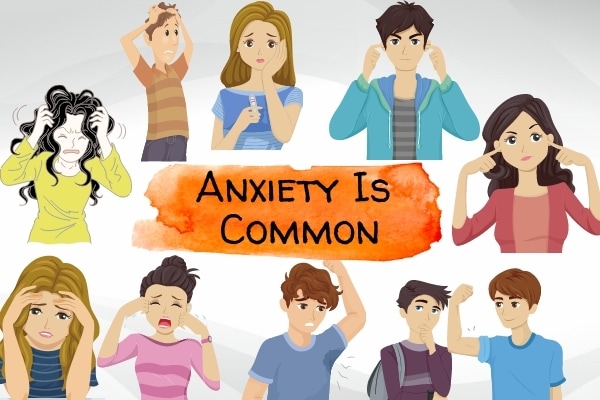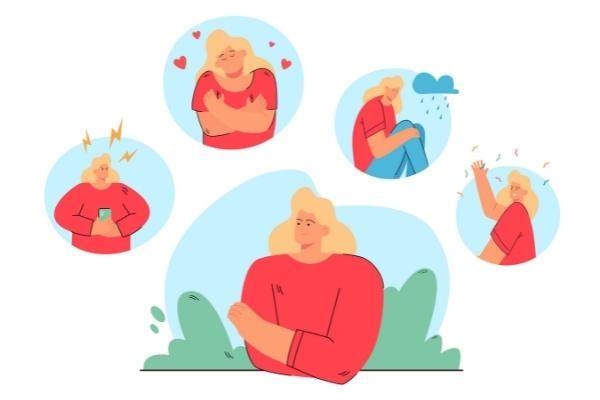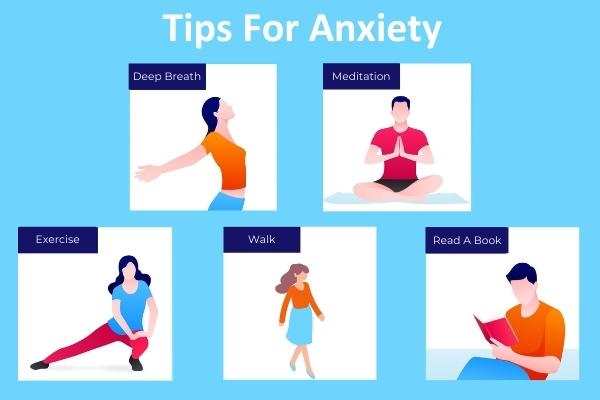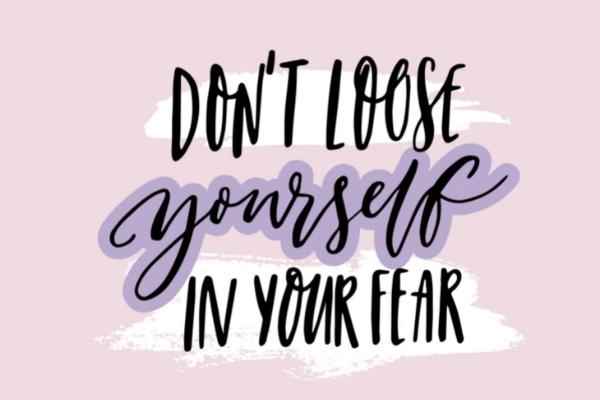“Anxiety does not empty tomorrow of its sorrows, but only empties today of its strength” – Charles Spurgeon
“I don’t know if I have studied enough; I think I will not do well in my exams!!!”
“Oh No, I have a job interview, it’s very competitive, I am not sure how I will fare – pacing the floor.”
Have you experienced anxiety? I have, and I continue to do so for different upcoming events in my life. Anxiety is a normal emotion that is experienced at some point in our lives by all of us. Anxiety refers to feelings of unease that can range from mild to severe. For example, you may feel nervous or anxious before sitting an exam, taking a medical exam, or having a job interview. Anxiety can help a person cope with a situation and strategies. It could give you an energy boost or help you focus.
During times like these, feeling anxious can be perfectly normal.
What Is Anxiety?
Anxiety is the body’s natural response to stress—a feeling of fear or apprehension about what is to come.
Our bodies use anxiety as a warning system, preparing us to fight back or escape from dangerous situations when they sense danger or other threats. It is called the fight, flight, or freeze response.
Anxiety can journey with us and make friends with fear and worry. Sometimes it’s not easy to unfriend anxiety. Stress can sometimes become disabling and may interfere with daily life.
The feeling of anxiety is one of worry, fear, and unease. You might feel tense, sweaty, or your heartbeat may be rapid.
What Is the Difference Between Anxiety and Anxiety Disorder?
“There’s a big difference between feeling anxious and having an anxiety disorder,” said Paul Nelson, Psy.D, licensed psychologist and director of the behavioural sleep medicine program at the Sleep-Wake Disorders Center at Rush University Medical Center in Chicago.
Nelson pointed out that someone who deals with anxiety regularly might feel its heat but not on a daily basis.
Anxiety disorders are disorders in which you have persistent anxiety that can get worse over time. As a result, daily activities such as work performance, schoolwork, and relationships may be affected. Anxiety disorders are chronic. They last for six months or longer and cause problems in many areas of a person’s life. Anxiety disorder is not just a little bit of shyness or anxiety about an upcoming test.
Normal anxiety…
- Has to do with a specific situation or issue.
- That lasts only as long as the situation or issue lasts.
- Is proportional to the situation or problem.
- Is a authentic response to a genuine problem that is present.
Anxiety Disorder…
- Anxiety may strike without warning, seemingly out of nowhere.
- A situation or problem may trigger a much stronger anxiety response than required.
- Irrational anxiety may be present, such as fear of a situation that is unlikely to occur.
- Even after a situation or problem has been solved, anxiety may persist for a long time.
- It may seem impossible to control or manage anxiety.
- People may avoid situations or things that they believe will re-trigger their anxiety.
Let’s take an example to understand the difference between anxiety and anxiety disorder. A person may experience momentary anxiety before boarding an airplane, however a person with a phobia of flying will not get on the flight even it means disrupting his job.
What is the Difference Between Nervousness & Anxiety?
One of the striking differences between nervousness and anxiety is that anxious feelings last longer. Anxious feelings are triggered by something happening now, such as someone speaking loudly on the other side of a quiet library. A sense of nervousness might come and go as the person speaking loudly moves away, but anxiety lingers. The emotional response is similar, but anxious feelings are typically more intense.
Nervousness can be triggered by a specific event that is in some way frightening or worrisome, like an upcoming test or job interview. Anxiety, however, is broader and includes the worry about future events or possible events. Therefore, anxiety can apply to other things in life.
Another difference between feeling nervous and having an anxiety disorder is that the person with severe anxiety often has physical symptoms. These might include a racing heart, nausea or queasiness, and feelings of panic or dread.
Someone who feels nervous might feel like they’re going to throw up, but someone with an anxiety disorder often has these symptoms.
People who suffer from anxiety disorders often struggle to function normally at work, at home, and in social settings. They may worry excessively about many things, both minor and major, have difficulty concentrating and sleeping. A person may also experience irritability or outbursts of anger.
So remember, the next time you feel a little anxious or nervous about something, it is probably nothing to worry about. However, if your feelings seem to linger and worsen over time, it might be time to speak with a doctor about treating anxiety.
Nervousness can be good.
It is a physiological response often necessary to complete certain tasks (for example, before public speaking). However, too much anxiety can be detrimental. The key difference between these two states is the physiological responses; while those who experience nervousness typically have increased heart rate and sweating, anxiety sufferers experience increased bodily tension.
Is Anxiety Common?
Anxiety disorders are among the most common mental illnesses in America. Each year about 40 million adults in the United States have an anxiety disorder. That amounts to almost 1 in 5 people suffering from an anxiety problem.
Anxiety is very common, but that doesn’t stop it from being serious when it causes problems in your life. It can lead to depression and substance abuse if not managed properly. People who experience these feelings regularly should contact someone who specializes in the treatment of anxiety disorders.
Symptoms of Anxiety
The symptoms vary based on the type and severity of the condition. Generally, they include obsessive thinking or compulsive behaviours, uneasiness, shortness of breath, insomnia, fatigue, muscle tension, digestive problems, and avoidance. They may also have a combination of excessive worry, tension, and nervousness that is difficult to control. Sufferers also often feel like everyone else in the room is somehow judging them. They may believe that others’ opinions of them are vastly different from reality.
How Can Family and Friends Help With Anxiety?
Sometimes learning that others experience similar feelings is comforting in itself. Talking with someone who understands what you’re going through, even if it’s just over the internet, can make a difference. The more we talk about mental health, the easier it will be for people suffering from these conditions to come out and get the treatment they deserve.
Is Anxiety Treatable?
Yes, Anxiety is treatable.
“Anxiety is very treatable and manageable,” says Bernard Biermann, M.D., Ph.D., a clinical assistant professor with the Department of Psychiatry at the University of Michigan. “You just have to take the first steps in seeking help.”
Treatment for Anxiety
It may consist of therapy or medication. Sometimes a combination can be used to help a person accomplish their goals. Therapy helps the person learn to understand themselves better and deal with their anxieties, while medication helps reduce the symptoms.
Treatment usually involves a combination of therapy and medication. Therapy helps people understand themselves better and deal with their anxieties, while medication can help reduce the symptoms.
The goal of treatment for anxiety is to prevent further anxiety attacks and reduce the anxiety symptoms’ intensity and frequency. There are many different kinds of treatment for anxiety which may include anxiety counselling, medication, or both.
Conclusion
Anxiety is hard to deal with on your own, but if you find someone to talk about it with, like a friend or family member, you can figure out how to feel better together.
It is important to recognize that anxiety is a common experience, and there is no shame in seeking help if it becomes overwhelming. There are many effective treatments available, including therapy, medication, and lifestyle changes.
It is also important to prioritize self-care and stress management techniques, such as exercise, meditation, and healthy sleep habits, to help manage anxiety symptoms.
Read Our Blog to Know About Anxiety – Anxiety Dreams: How To Cope















